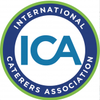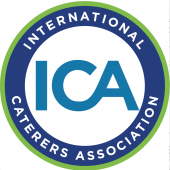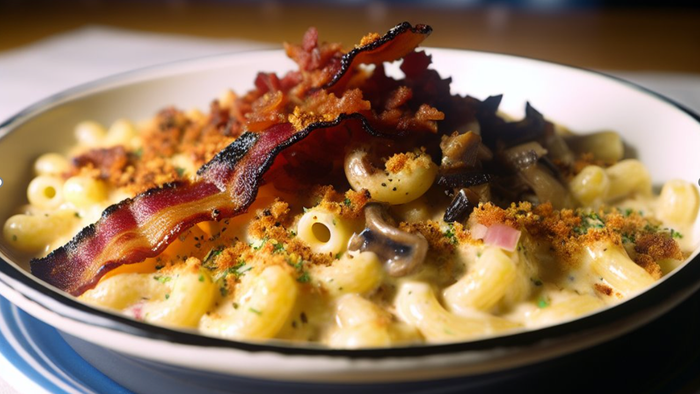Good Contracts—Good BusinessGood Contracts—Good Business
Good Contracts—Good Business
November 8, 2018

Contracts: every caterer needs one, but what should they entail exactly? It seems that for many of us, the more technical and specific we are in our Terms and Conditions, the more likely we are to encounter challenges and pushbacks on some of the language in the fine lines.
What we’ve learned from ongoing conversations with caterers is that a good contract protects both the client and the caterer. It’s important to keep your contract as up-to-date and ethical as possible while protecting your brand. If need be, seek counsel from your legal advisor and support from your peers in the catering community. Lastly, be mindful of early signs of a potential lengthy legal battle with particular clients, and don’t be afraid to turn down business if you feel your reputation and credibility are at stake.
Be mindful of early signs of a potential lengthy legal battle with particular clients, and don’t be afraid to turn down business if you feel your reputation and credibility are at stake.
What should be included in your contract
A contract should at the very least include the date of the event, important financial information and terms and repercussions if the contract is not followed, such as cancellation terms and recovery of attorney fees. Some caterers suggest providing terms that are legal and ethical in your contract, but to avoid spelling out terms that would leave you open for unintended costs.
“What should and shouldn’t be included depends on how strongly you need to protect your company from potential threats,” says Chef Robbie Thomas, chef and catering director at Relish Catering. “What shouldn’t be in there is something like offering to pay for damages. Don’t weaken your defenses, but be a good person and do what is virtuous for your client if you are at fault.”
When a client asks for revisions
For those of us who haven’t been following any of the ongoing contract discussions, here is a quick recap: caterers have been challenged on everything from claims and liabilities and menu substitutions to fuel surcharges and silverware patterns.
Not every client is going to be a recent law school grad or generally high-maintenance and will ask you to bend or revise your contract. But if they do, it’s important to be prepared. Know the language in your contract well, and if possible, review annually with a professional.

John Serock
“At the very least, we review our verbiage at least once a year with our attorney,” says John Serock, president of John Serock Catering. “But as business has increased, we’ve been looking at it almost every couple of weeks identifying potential liability as we hear about (and experience) instances that could be a problem.”
The “decline”
Many clients are reasonable and understanding, and this reminds us why we were attracted to this profession in the first place. However, remember to take the contract process slowly, case by case. If you feel after continuous back and forth that you and the client aren’t right for each other, make the call. Protect your brand and determine liabilities early on so you can focus on what you do best.
The John Serock Catering and Relish Catering are proud members of the ICA. For more information on the ICA or the new CATIE award, visit internationalcaterers.org.







